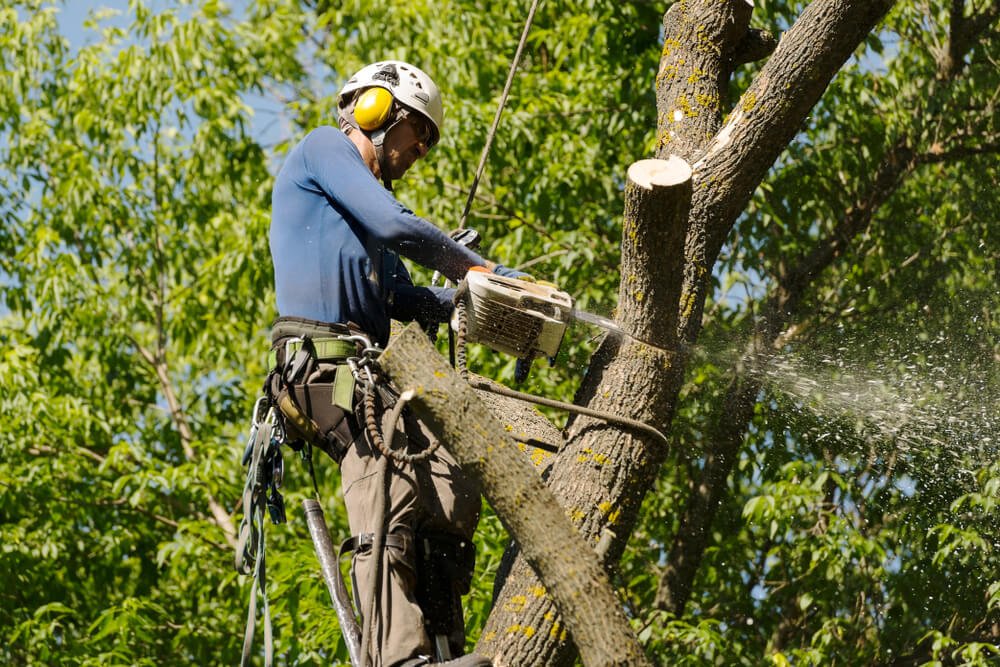What you need to do when a loved one passes away
On top of grieving the loss of a loved one, there are overwhelming and daunting legal matters that need to be handled if you are the executor of the will. You are solely responsible for the deceased person’s affairs and are likely to come across complications relating to who gets what as outlined in the will, and what to do in the absence of a will. Other problems occur when the person who has died has left behind a massive debt that needs repaying.
You cannot manage everything without professional help, which is where a probate solicitor comes in. Find someone in this field of law who can expertly guide you through what can be an arduous probate process.
Why is the probate process so complex, is it not merely the reading of the will?
Unfortunately not. You need to follow certain steps before the probate period reaches its conclusion, whereby a court of law confirms the validity of the will, thus granting inheritors what is owed to them.
They are as follows:
- File a petition so that a date for the hearing for the execution of the will is set. At this time, advise loved ones, family members and other beneficiaries of the will of the court’s proceedings. It is common practice that hearing date is published in a newspaper if creditors wish to reclaim debts the dead person owes.
- A full inventory of assets is taken, listing property owned, bank accounts held by the deceased and other relating assets, which then undergo a valuation if it is necessary.
- The executor of the will is not only in charge of overseeing who inherits what but is responsible for paying off debts and other expenses, like the costs of the funeral.
- Where it has been proven that finances owed to creditors are legitimate, money is taken from the estate to pay it off.
- The will is re-drafted accounting for liabilities and personal debts, and whatever is leftover is distributed amongst loved ones.
What happens if there is no will?
In the event of someone’s untimely death, their last will might not be drawn up or completed. The dead person is in the condition of “intestate”, and their distribution of assets is determined by a probate court, according to rules of intestacy.
Those who are likely to inherit the most include living spouses, children and siblings, followed by members of the extended unit. If relatives were viewed unfavourably by the deceased for whatever reason, they are not included in the will. If a person has no family, the state claims the assets.
An executor of the will is drawn up, whose relationship with the deceased is considered the closest. Their personal responsibility is to oversee the will and pay off debt. This task is high stress, because not only are you dealing with squabbling relatives fighting over assets, but you have to delve right into the dead person’s affairs, which, as a worst-case scenario, might expose nasty surprises and massive debts.
You have to act when a person dies in settling the probate process as quickly and peacefully as possible, which can be challenging as you are going through an emotional ordeal. Help make the legal side of things easier to manage with a trained legal professional at your side.




